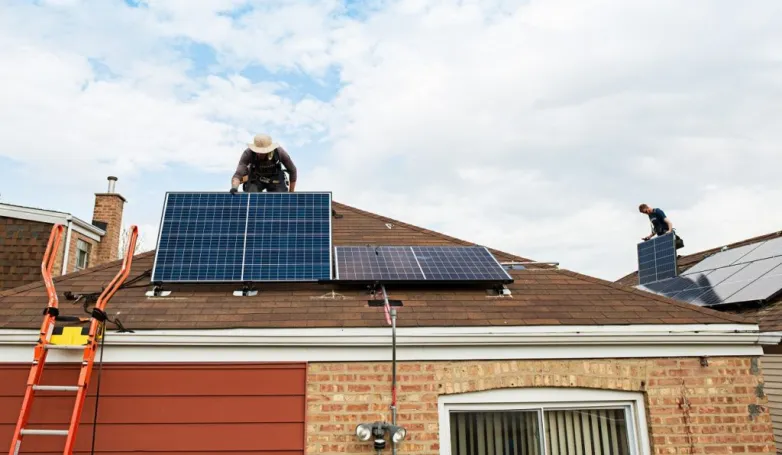Mississippi updates PV net metering rules in increase for low-income households
- Mississippi authorities have broadened the state's net metering programme to enhance complete payment rates for solar consumers and prioritise the fostering of distributed PV for low- to moderate-income (LMI) households.

Brand-new net metering rules launched previously this week by the Mississippi Public Service Commission (PSC) will certainly see investor-owned energies in the state supply a single US$ 3,000 in advance cash money rebate to qualified residential consumers that purchase an eco-friendly dispersed energy center sized at 3kW-- 6kW for usage, at least partly, for self-supply.
The facility dimension was picked to prioritise as well as incentivise consumer adoption of sustainable centers that are primarily for self-supply as opposed to small-capacity generators aiming to make best use of excess energy sales, according to the PSC.
While the commission has actually not made any changes to net metering settlement-- which stays at 2.5 cents/kW-- it thinks an ahead of time rebate could be more reliable in enhancing low-income solar adoption than a per-kWh rate rise as a result of the lowered schedule of funding and financing to low-income customers.
The PSC stated it has actually developed a rebate framework it believes "will meaningfully boost both access to and the adoption of dispersed generation by the currently underrepresented low-income sector of consumers".
The adjustments have rated by trade body the Solar Energy Industries Association (SEIA), which said that while it is disappointed the PSC did not use the complete retail rate for net metering, the order will move Mississippi's solar policy forward.
"The net metering program currently covers Mississippi households that are 250% of the government poverty line and also listed below, which will assist even more Mississippians experience the cost-saving benefits of solar energy," claimed Will Giese, Southeast local supervisor at SEIA.
Giese said that PSC's decision-making procedure "reveals that Mississippi can be a local leader for clean energy programs in the Southeast".
In regards to larger scale solar projects, the PSC plans to establish a separate rulemaking continuing to consider rules as well as requirements appropriate to community solar.
Also read

